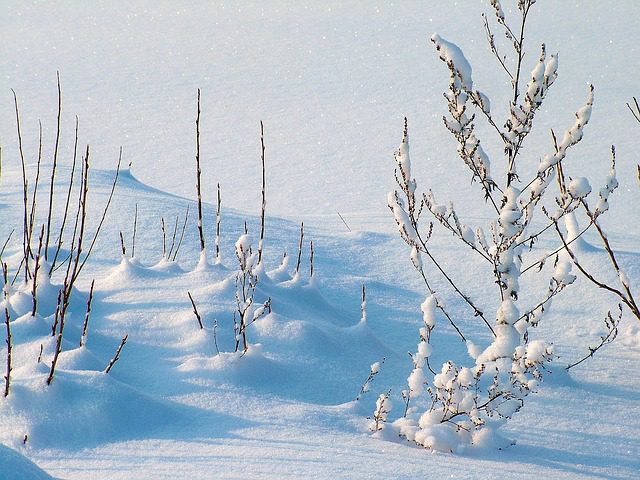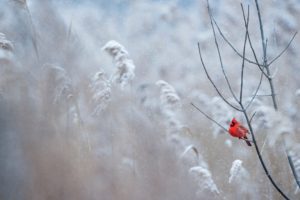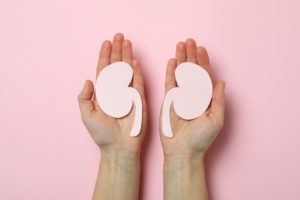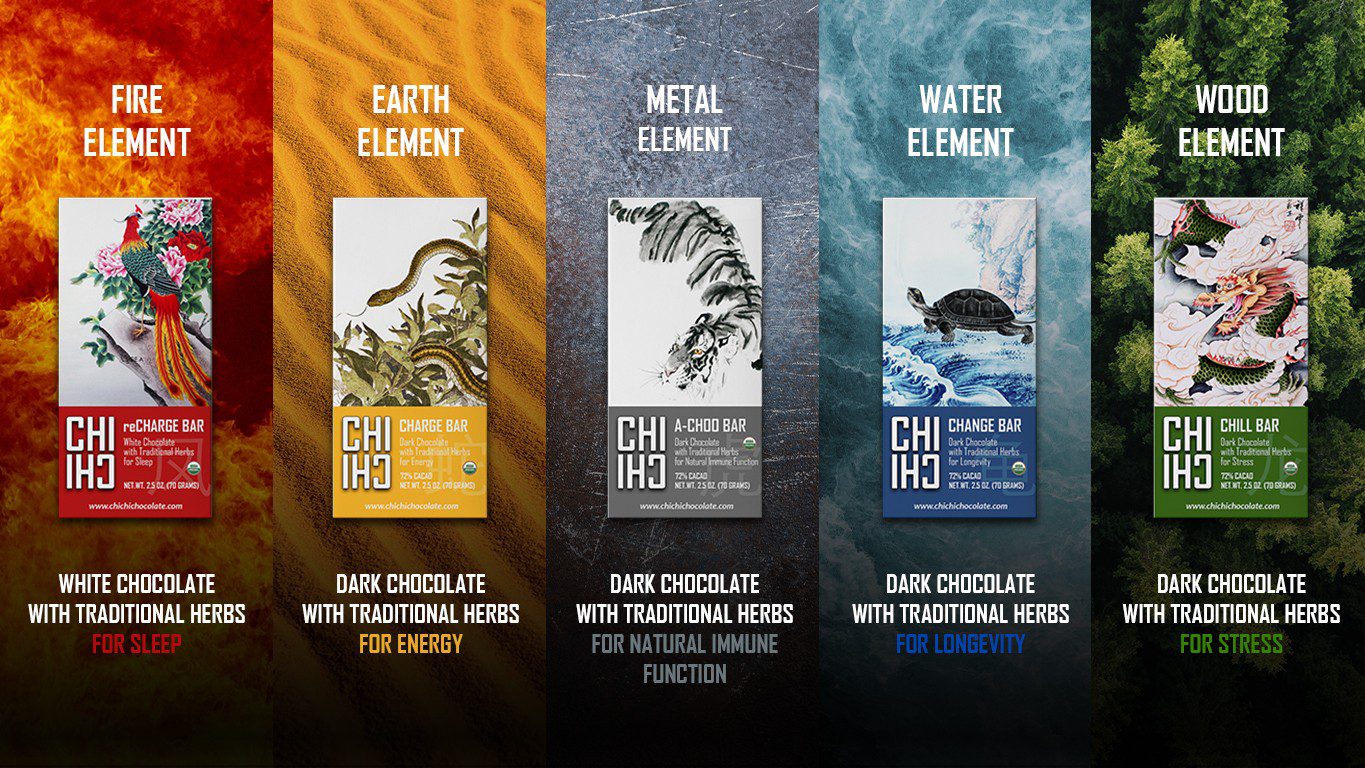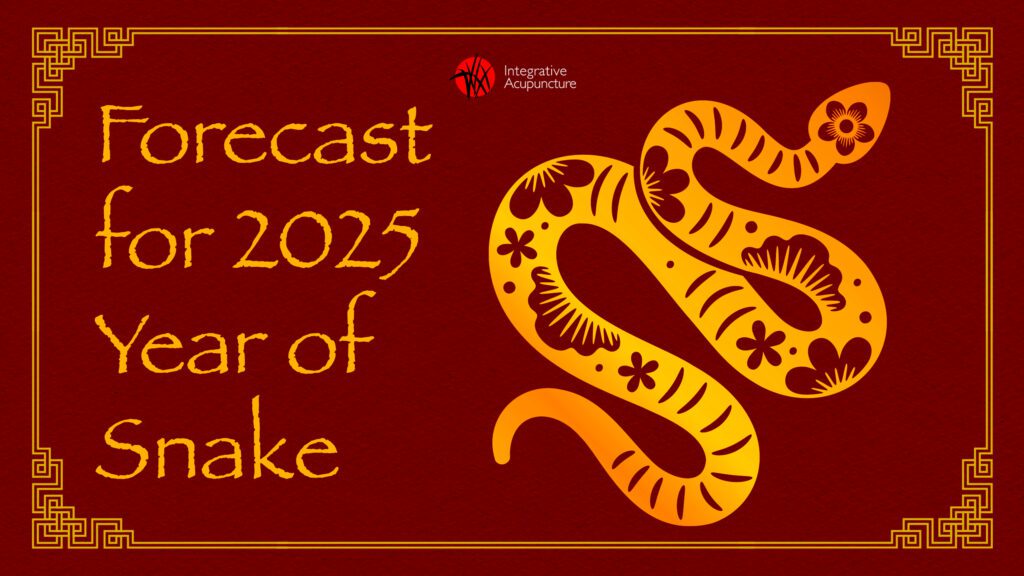With winter making a fast approach, it’s important to be mindful of how the body reacts to the change in season.
Winter is the ultimate yin time: it calls for rest, reflection, conservation, and storage. Days are shorter while nights are longer. This is nature telling us to get more sleep. Your body responds to less sunlight by producing more melatonin (the hormone that helps us rest) in the winter. If we do not adjust to the season, we can easily get burnt out. The cold of winter presents an additional challenge too–the adrenal glands and kidneys have to work extra hard to help regulate body temperature.
Even though the drop in temperature comes with challenges, it also gives the body some advantages. It may surprise you to know that some of our body’s organs thrive during this time of the year!
Winter is kidney season!
In Traditional Chinese Medicine (TCM), the kidneys are associated with winter. Kidneys are, in many ways, the alpha and omega of Chinese medicine organ theory. They manage development and decline, and therefore, both life and death. They are also considered the root source of our energy. Essence, or jing qi, is the energy we receive at conception (also called prenatal qi).
This time of year is when the kidneys are most active. Unfortunately, this also means they are easily depleted. The kidneys are like a battery that is not easily rechargeable. Throughout our lives, we slowly deplete this reserve. How fast it gets depleted depends on factors such as our lifestyle and the environment we live in.
Rechargeable energy (postnatal qi) comes from the food we eat and the air we breathe. It is vital to supply the body with sufficient postnatal qi so as to not deplete our reserve essence that is needed for proper kidney function. According to TCM, kidneys guide growth and development, and support the health of our brains, bones, bladder, ears, and reproductive system. They also govern our low back and knees.
The bottom line when it comes to kidney health in winter is to recognize the need for rest (and don’t just disguise it with stimulants like coffee!).
Extreme exercise and activity is contraindicated. That being said, with the cold of winter slowing things down to a near halt, gentle exercise like yoga, stretching, tai chi, and qi gong are perfect movement therapies to prevent winter stagnation. Don’t be afraid to get some fresh air and sunlight when possible too! The morning is the ideal time to get out and go for a walk when winter weather permits.
Additional tips to make the most of winter:
Dress appropriately for the cold, but soak up as much Vitamin D as you can. It is essential for immunity, mood, bone health etc. Consider taking a vitamin D supplement if recommended by your primary care physician.
Take advantage of the chilly weather and exercise! As previously mentioned, exercise is wonderful in helping with stagnation. This is an important reminder for everyone, but especially helpful if you are looking to slim down. This is because exercising in cold weather actually helps to transform white fat into calorie burning brown fat. If you can’t get outside in the morning, start your day with a simple qi gong exercise. Keep in mind you can gently awaken your qi with a stretch session first.
Let your acupuncturist give your kidneys some love this winter too! With treatments to support kidney function and preserve essence, your acupuncturist can help you relax into the specific balance you need to thrive in the colder months. Schedule an appointment online today!

